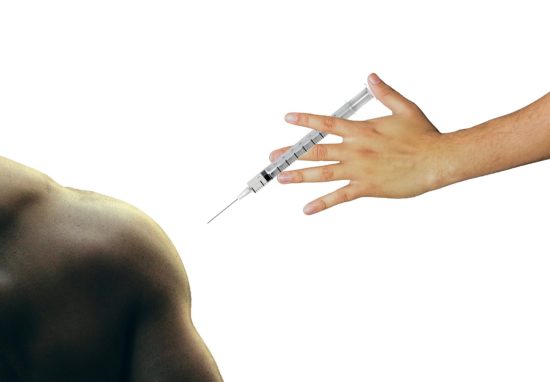The role of vaccines in combating antimicrobial resistance (AMR)
AMR is a significant and growing problem. Drug resistant infections cause 700,000 deaths per year; this number could rise to 10 million by 2050 1 unless urgent action is taken. Furthermore, this figure does not capture the impact of being unable to safely perform high-risk medical procedures such as complex surgery or chemotherapy.
Immediate and coordinated action is required to tackle the threat posed by AMR. Vaccines alone will not be sufficient to achieve this, but they are critical tools that can play an important role when deployed alongside broader activities. A multi-faceted, One Health approach must be used because the emergence of resistance stems from behaviour across human and animal health. The development of new antibiotics and alternative therapeutics, the rational use of antibiotics in human and animal health, more effective use of diagnostics, improvements to water, sanitation and hygiene, and vaccines can all support efforts to combat AMR.
However, vaccines do have some unique advantages, and therefore bringing additional, and more effective, vaccines to market could have a huge impact on AMR. Vaccines already play a critical role, with an impressive track-record of reducing AMR 2. Both H. influenzae b and S. pneumoniae vaccines have resulted in a dramatic reduction in disease burden and have been associated with decreased incidence of resistant strains. Additionally, both vaccines have an additional “indirect” effect on AMR by reducing antibiotic usage and therefore selection pressure on pathogens. Evidence shows that universal coverage with 13-valent S. pneumoniae vaccination could avoid 11.4 million days of antibiotic use per year in children under five 3.
Vaccines also offer a long-term sustainable approach to infection prevention, because pathogen resistance to vaccines is not common. For example, vaccines against diphtheria and pertussis have been in use for 70 years without resistance developing.
Purpose of this report
This report seeks to provide an independent, actionable assessment of the potential of vaccines to combat AMR, and encourages greater attention, focus, and funding for vaccine development against pathogens whose resistance to antimicrobial medicines was identified by WHO as posing the greatest threat to human health. By employing a carefully considered prioritisation framework to evaluate these pathogens, this report enables comprehensive comparisons across pathogens. This assessment and prioritisation provides a guide for research priorities, policy focus and investment decisions, while recognising that individuals and institutions have varied areas of focus and seek to interact at different parts of the value chain. Additionally, this report consolidates information on these pathogens, and on the development efforts against them, which is currently fragmented, providing a critical new resource to the community working to address AMR.
Source: VaccinesforAMR
Healthy Patients


